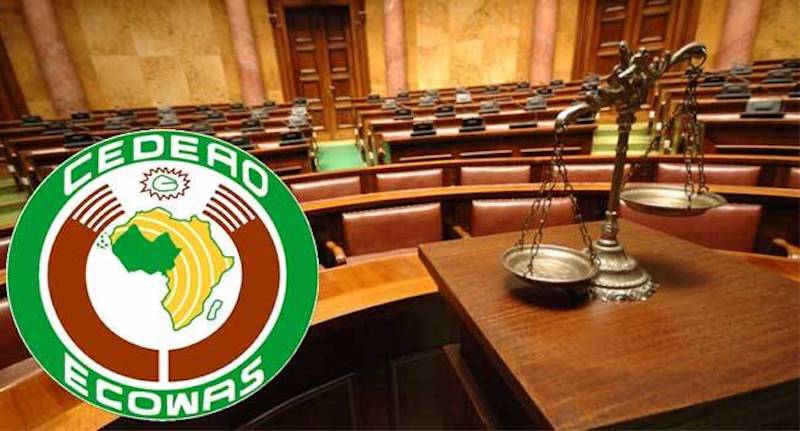The ECOWAS Parliament has taken a landmark step to craft a unified legal framework guiding the use of Artificial Intelligence (AI) in education.
No doubt, this is a defining moment for West Africa’s digital transformation.
Meeting in Dakar under the Joint Committee on Education, Science, Culture, Health, Telecommunications, and Information Technology, lawmakers resolved to build a regionally binding foundation for AI’s responsible integration into the classroom.
A Digital Doctrine in Motion
The Parliament’s proposal includes a Community Act—a region-wide legal instrument designed to harmonize AI policy across the 15 ECOWAS member states. The goal? Create safeguards that protect students and educators, while unlocking the power of AI for better learning outcomes, digital access, and innovation.
AI is no longer an optional add-on—it’s fast becoming a pillar of modern education. ECOWAS lawmakers are calling on governments to treat digital education as a strategic imperative, not a luxury, particularly in preparing West African youth for a tech-driven world.
“The future of education must be both African and intelligent,” one delegate declared. “And the intelligence must be ethical, inclusive, and empowering.”
AI Must Not Replace the Teacher
One of the biggest concerns raised at the session was the human cost of automation. How can schools benefit from AI without eroding the role of teachers? The Parliament agreed: AI should support educators, not supplant them.
“We must humanize education,” echoed a delegate from Nigeria. “AI should not erase empathy from our classrooms.”
This perspective led to calls for human-centered AI, where technology amplifies teachers’ impact and student engagement rather than simply replacing traditional methods.
Senegal: The Model Student in Digital Reform
Senegal’s Minister of National Education, Moustapha Guirassy, showcased his country’s leading efforts:
Over CFA 1,105 billion allocated to education, with CFA 130 billion specifically for digital learning projects.
National rollout of AI-assisted teaching tools, algorithmic literacy for teens, and professional development for educators.
Senegal is also championing a West African AI Pact, built on:
An ethical charter
Culturally inclusive content (including African languages)
Regional teacher certification standards
A shared innovation fund for AI research and pilot programs
A Continental Calling
The African Union’s Continental AI Strategy, reaffirmed in May 2025, provided a larger blueprint. It urges member states to align AI with public service values, especially in education, health, and civic engagement. ECOWAS’s legal framework would bring this AU vision to life at the subregional level.
A groundbreaking study by IPAR, spanning Benin, Burkina Faso, Côte d’Ivoire, and Senegal, revealed a stark reality: Most West African countries lack a robust AI governance framework. The research urges the creation of:
National AI commissions
Pan-African ethical standards
Coherent strategies embedded in local realities—not copied from Western templates
Building an African Firewall
Data sovereignty emerged as a core issue. Lawmakers warned against dependency on foreign platforms that extract data without consent or reinvestment in African systems. “We cannot let AI become another form of digital colonialism,” said one legislator from Ghana. “We must own our tools, our data, our future.”
What Happens Next?
The ECOWAS blueprint, which includes:
Legally binding policies
Region-wide digital infrastructure standards
Curriculum frameworks for AI education
Models for ethical and inclusive tech use
…will now advance to full parliamentary debate, before being presented to the Authority of ECOWAS Heads of State and Government.
If passed, this would be Africa’s most ambitious AI-in-education initiative to date, setting a precedent for regional cooperation in the age of intelligent machines.
Why This Matters
This initiative goes beyond smart boards and coding classes. It is a call for digital justice, cultural preservation, and economic liberation. As ECOWAS plots a course through the Fourth Industrial Revolution, its education systems may well become the training ground for a new generation of thinkers, not just users, but creators of AI.
In the words of one MP: “Let’s not just teach our children how to use algorithms—let’s teach them how to write them, in their language, for their future.”
